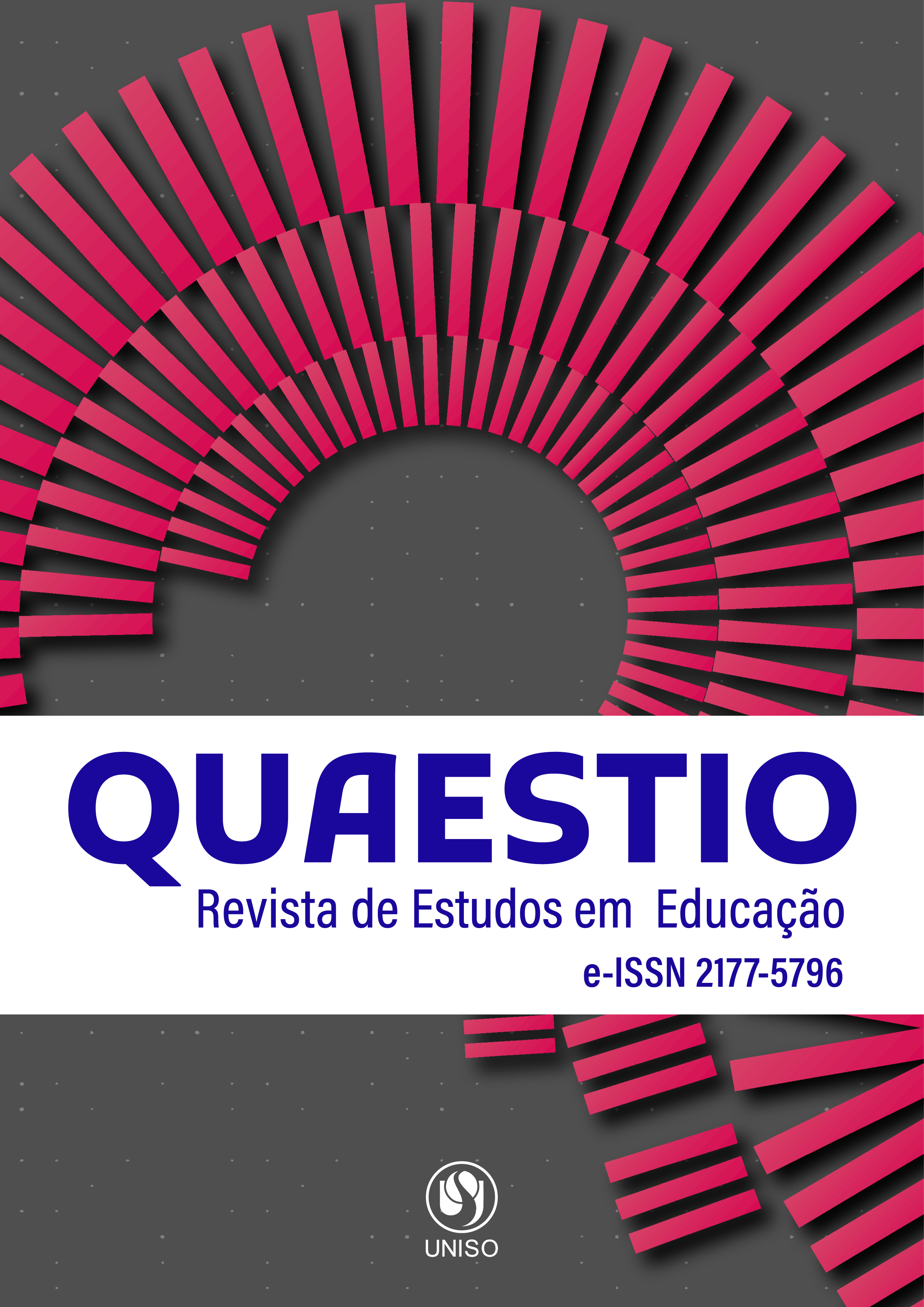The “new” and the “old”
Fernando de Azevedo and the dispute between Liberals and Catholics in the educational field
DOI:
https://doi.org/10.22483/2177-5796.2025v27id5466Keywords:
Fernando de Azevedo, catholics, liberals.Abstract
In this article, we discuss the conflict and dispute between Liberals and Catholics in the 1930s until the publication of the final version of the 1934 Constitution. As industrial capitalism was being fully established in Brazil, a demand for the expansion of public education grew stronger, and its guidelines became the main ground of the dispute between the groups in discussion. We focused the debate on the transitional government of Getúlio Vargas, after the 1930 Revolution, since the conflict between Liberals and Catholics became more intense during the Constituent Assembly of 1933, when both groups were acting intensely for the approval of their ideas and interests regarding the new educational parameters that would form part of the new Constitution. Once we understand the extent of the theme and the concept of Liberalism, we turned to Fernando de Azevedo's reflections in A Cultura Brasileira, published for the first time in 1943, under the Estado Novo regime. We can say that Fernando de Azevedo joins this debate as one of the central characters in the defense of the democratization and secularity of public education, being one of the most important Brazilian authors in the field of education in the first half of the 20th century, who played an important role in establishing a sociology of education in the country.
Downloads
Downloads
Published
How to Cite
Issue
Section
License
Copyright (c) 2025 Quaestio - Revista de Estudos em Educação

This work is licensed under a Creative Commons Attribution 4.0 International License.
Esta licença permite que outros remixem, adaptem e criem a partir do artigo para fins não comerciais, desde que atribuam ao(s) autor(es) o devido crédito e que licenciem as novas criações sob termos idênticos.
Os artigos publicados são de total e exclusiva responsabilidade dos autores, que mantêm os direitos autorais e atribuem o direito da primeira publicação para a Quaestio: Revista de Estudos em Educação do Programa de Pós-Graduação em Educação da Universidade de Sorocaba.
Outros acordos contratuais podem ser feitos pelos autores, para posterior distribuição da versão do artigo (por exemplo em páginas institucionais ou pessoais, ou em livro), explicitando que o trabalho foi publicado nesta revista .

















